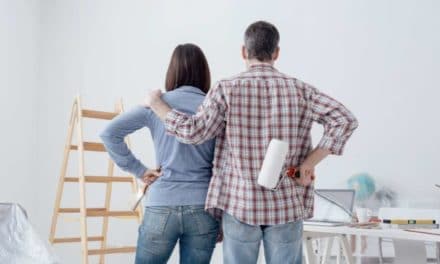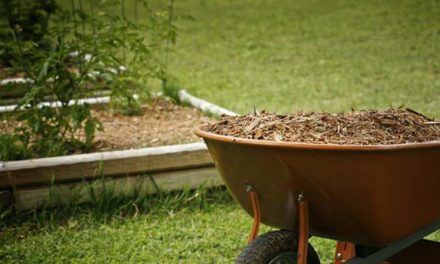Whilst the thought of going carbon-neutral might sound like a daunting feat, there are some simple habits we can all adopt to start living a more sustainable life. It’s time to start putting the planet first and go green. With that in mind, here are our top habits you can implement now to start living sustainably – and help the planet to live!
Change Your Lightbulbs
When you change the lightbulbs in your home to LED bulbs, not only do they last longer, they also use around 75% less energy. Unlike older lightbulbs, where a lot of energy was lost as heat, LED bulbs cut down on waste and last much longer!
Don’t forget to switch off lights when you leave a room, and only switch them on when needed. Even on dull days, there’s enough light to not need to flick that switch. Remember to dispose of your old lightbulbs properly too.
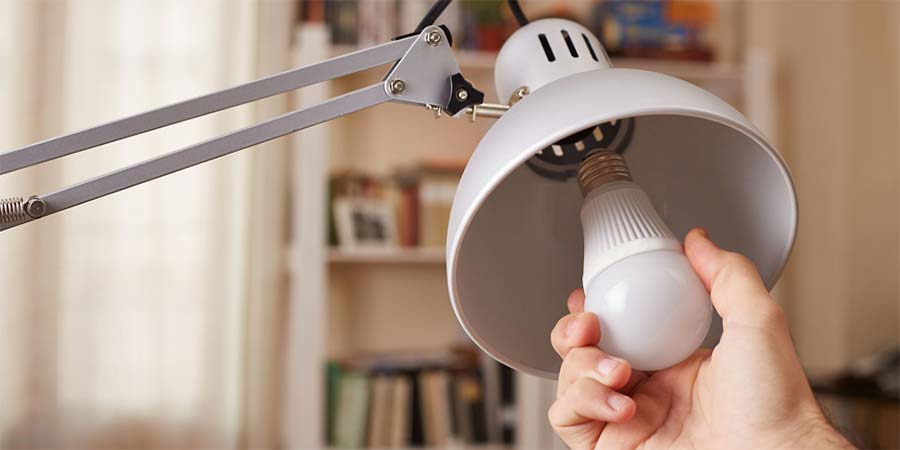
Carry A Water Bottle
Despite disturbing images of oceans filled with plastics and marine life suffering because of it, we are still using a staggering amount of plastic. We can all play our part by switching from single-use plastic bottles of water to reusable ones in the attempts to keep up the fightback against environmental disaster.
Available in a variety of sizes and colours, you’re sure to find a style that suits you. You’ll also save money, as many cafes provide free refills when you’re out and about.
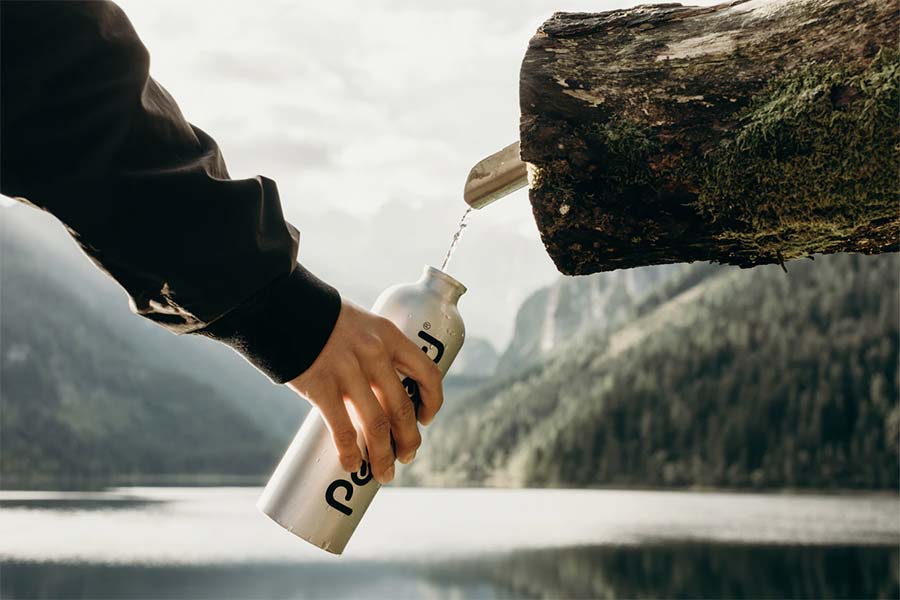
Go Cashless
Yes, switching your cash for card payments is actually better for the environment. The emissions produced from printing notes and producing coins, along with transporting the cash between ATMs, banks and retailers all adds up. And this is having a serious global impact.
Whilst card machines still use energy, the percentage is minimal compared with cash this is the one type of plastic use we are advocating!
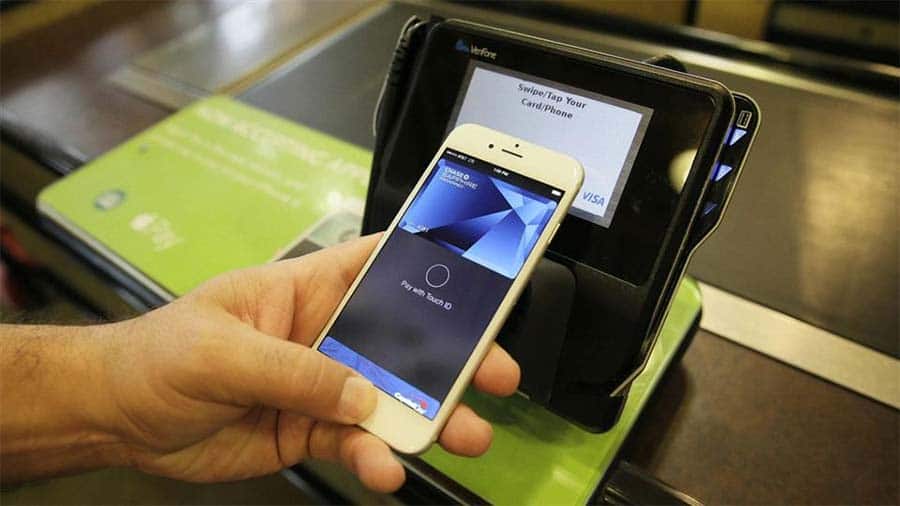
Grow Your Own
Growing your own food is one of the biggest ways you can become more sustainable. If you’re not naturally green-figured, or perhaps don’t have an outdoor space, herbs are a great place to start. Basil, oregano, thyme, mint, parsley, and coriander are easy to grow and are great for adding extra flavour to dishes and drinks.
You can also grow edible mushrooms if you don’t have much space. Unlike most green plants, many mushrooms thrive better in an indoor environment with little sunlight. You can start growing your own using a ready-made cultivation kit. It’s very easy to set up. Simply place it in the ideal location as specified in the label, spray the kit with water according to the instructions, and follow the specific directions on the box. You should have mushrooms in two weeks or so.
Similarly, instead of throwing out food waste with household rubbish, start to compost it instead. When you compost food, you’re creating a natural fertiliser that returns valuable nutrients to the soil.
Plus, it won’t take long before you get a hang of it, especially with tips from naturaldwellers.com to guide you along the way.

Planting Trees
Planting trees in your yard helps with sustainability by cooling your home and providing wind protection to lessen the number of utilities used. It also beautifies your neighbourhood. Find trees for sale online at an online nursery or in your local community.
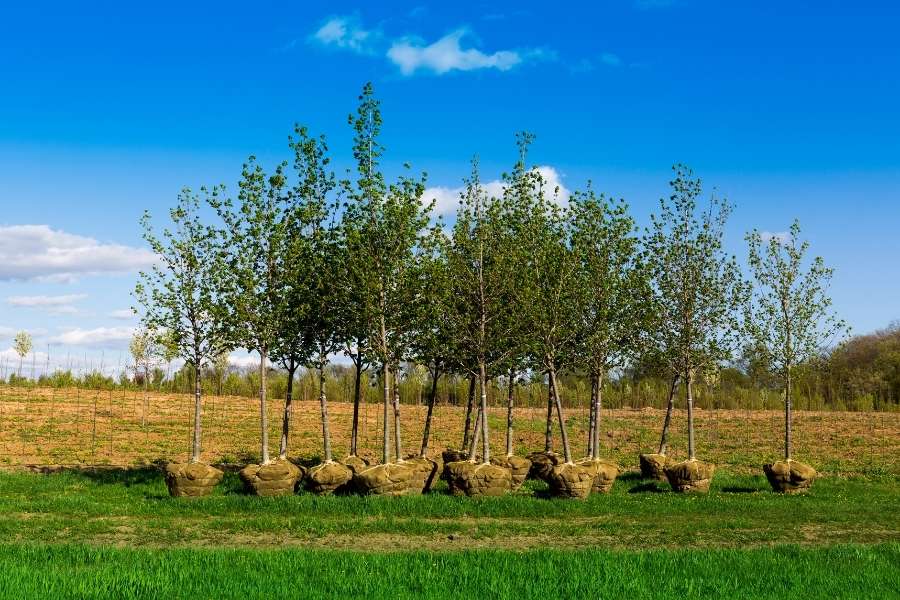
Use Reusable Bags
Since the levy on plastic bags was introduced in 2015, sales of single-use bags by large supermarkets have fallen by 90%. An encouraging statistic in our war against plastic, but we can all continue our quest towards sustainability by bringing reusable bags every time we shop. And if you do buy a plastic bag, there are plenty of ways you can put it to good use – from using it as a bin liner to creating a flower-pot and much more besides.
Whilst it could take decades to undo or even stop the damage we’re doing to our home, there are plenty of things we can all do every day to play our part in saving this little blue planet.


